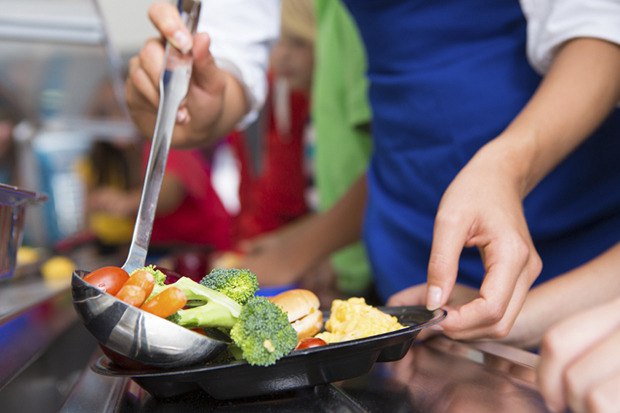For the Reporter
Students throughout Auburn and King County will have more options for healthy food this school year.
From healthier choices in vending machines to more local produce in the lunch line, schools are rapidly becoming better places to nurture learning and good health.
The changes are a result of both new national nutrition guidelines and local efforts by schools and Public Health – Seattle & King County in the fight against childhood obesity. About one in five students in King County are overweight or obese, increasing their risk of serious health problems in childhood and into adulthood.
“Our partnership with schools is starting to pay off with a recent drop in youth obesity for the first time in King County,” said Patty Hayes, director of Public Health – Seattle & King County. “We know that access to healthy food in schools is not only critical for health, but crucial for student learning.”
Healthy changes to expect this fall in Auburn
• Farm to School: Through Farm to School, Auburn School District is partnering with Kent and Renton School Districts to purchase large amounts of produce from local farms. This program is funded through the Community Transformation Grant (CTG) and coordinated by the WA State Department of Agriculture.
• Updated nutrition and physical activity policy: Auburn School District’s Wellness Committee updated its nutrition and physical activity policy. The policy was approved in April by Auburn School Board.
• Nutrition standards: Auburn Nutrition Services is working closely with the DECA and the Culinary Arts Program to implement the strong USDA nutrition standards required for all foods sold throughout the school day.
• Smart Snacks – Find a list of Smart Snacks available at local grocery stores on the Auburn Child Nutrition website.
About national nutrition guidelines
Starting this school year, United States Department of Agriculture nutrition guidelines will be expanded to all food and beverages sold in schools including vending machines, student stores and at fundraisers.
Vending machine and other snacks will have fat, sugar, salt, caffeine and calories limits.
Snacks must be at least 50 percent whole-grain or have fruit, vegetable, dairy or protein as the first ingredient.
“We are delighted with the changes coming this school year to make all foods in our schools healthier and consistent with nutrition education taught in our classrooms,” said Wendy Weyer, director of Nutrition Services for Seattle Public Schools. “We know that access to healthy, nutritious food supports student learning and helps establish healthy habits for the rest of their lives.”
The changes were supported, in part, by a Centers for Disease Control and Prevention (CDC) Community Transformation Grant within the Affordable Care Act’s Prevention and Public Health Fund. The initiative is a collaborative effort between Seattle Children’s, Public Health—Seattle & King County (PHSKC) and the Healthy King County Coalition (HKCC).


